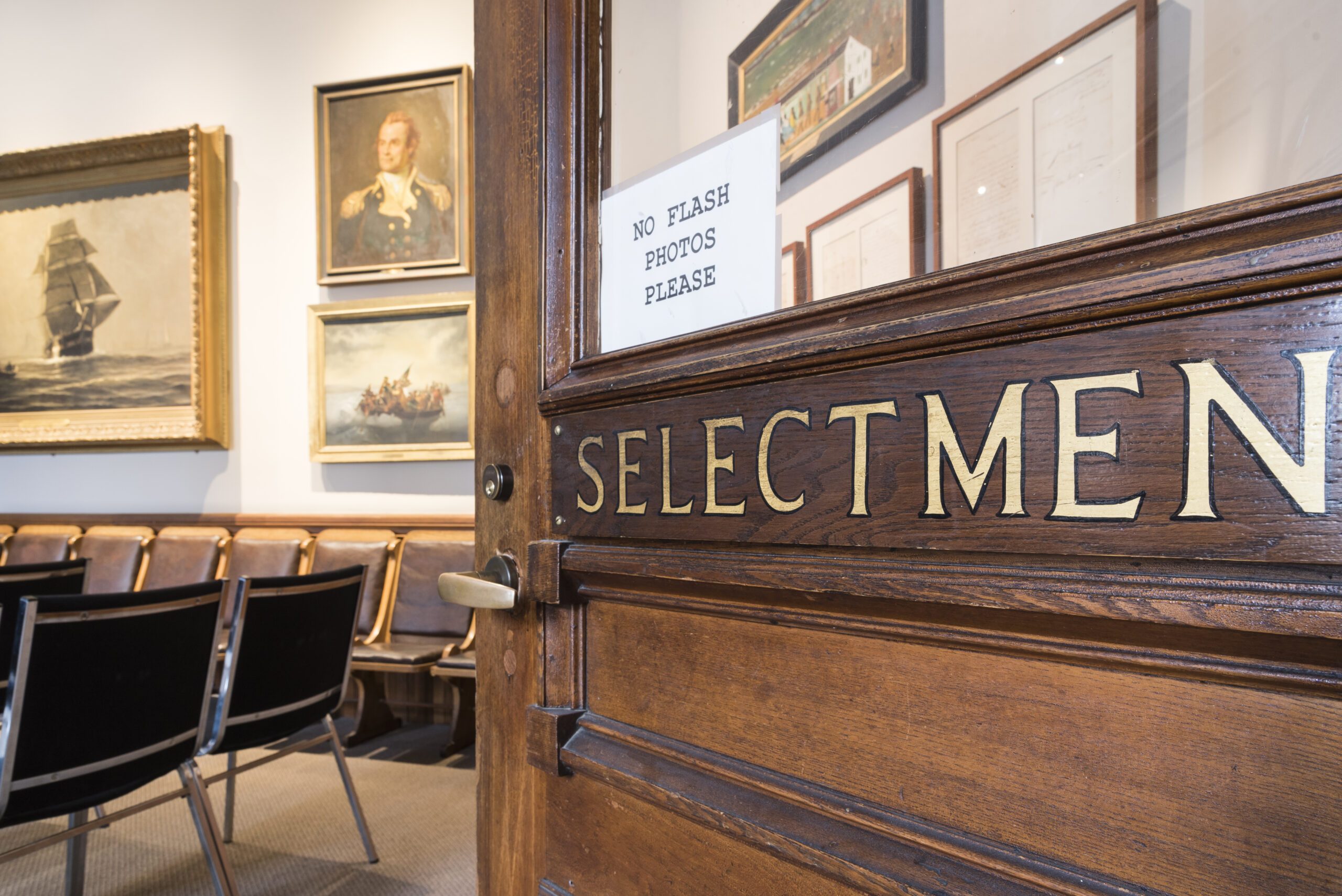The Select Board debated how effectively a proposed override to infuse monies into a stabilization fund would address the town’s growing structural deficit on Friday.
The meeting Friday morning was scheduled so the Board could pass the statement, which would lay out its position on that override and another, which Select Board Chair Moses Grader said would balance the town’s fiscal year 2024 budget. It ultimately produced no vote, with the board tabling the motion until Wednesday. In the interim, the board will review edits and hammer out the statement’s language.
Grader touted the stabilization fund as a remedy for the town’s historic overreliance on free cash to balance its yearly operating budget. Grader said the stabilization fund would increase transparency and provide a buffer going into FY25, as the override to fund the budget for FY24 is a “one-year plug.”
“What we’re doing is we’re moving that free cash reliance into the public light of a stabilization fund,” he said.
Town Administrator Thatcher Kezer said Marblehead currently relies on free cash to cover the cost of 10 percent of the town’s operating budget. He estimated the town’s supply of free cash is reducing by between $2 million and $3 million each year.
“We are not voluntarily taking ourselves off free cash, we have no choice because free cash is decreasing at a significant amount,” Kezer said.
Earlier in the meeting, Grader said that FY24 is the first year since 2005 in which the town’s available free cash is not enough to cover the deficit between Marblehead’s revenues and expenditures.
However, Board member Erin Noonan questioned how the stabilization fund would resolve the town’s “multi-year structural deficit issue,” and whether the town is in the financial position to focus on it.
“We are kind of, to me, putting the cart before the horse in having a dedicated override for a rainy day fund that we are not supposed to use for reoccurring costs when, in fact, it’s raining really hard right now,” Noonan said.
Grader, a former Finance Committee chair, responded that the stabilization fund is a financial best practice and that the town has to move to a different model than relying on free cash.
Noonan then said that presenting overrides for both FY24 and the stabilization fund could be confusing for voters, and potentially jeopardize the former’s approval. Board member Jackie Belf-Becker said she assumed the two issues would be presented as separate questions.
Both overrides would have to pass Town Meeting on May 1, and then Marblehead’s general election on June 20.
Kezer said that given the town’s current financial position, Marblehead should begin to put the structure required to pivot away from relying on free cash in place now.
“It’s not saying that it’s going to be all sunny in (FY)25, but it’s going to be less rain than we have now and continue to improve, and that’s the goal,” he said.
Noonan, in an interview after the meeting, clarified the town has an already-established stabilization fund. She said it should be funded through financial policies as part of a more long-term solution.
“To me, the way to fund that is not through a dedicated override,” Noonan said.
Earlier in the meeting, Noonan also said it is misleading to describe the FY24 budget as balanced in the statement of intent, considering it relies on free cash.
“Let’s be transparent and honest, this town has not passed a balanced budget in years,” she said.
Grader responded by saying that Noonan was suggesting the board’s presentation of the budget was not straightforward, and that her implication is “really not cool.”
He said that using free cash to balance the budget does not make it unbalanced.
“We need to make cuts in the amount of the structural deficit to balance the budget, and that’s what we’re going to present,” Grader said. “We’re going to present a balanced budget to the town.”
At the very beginning of the meeting, Grader had said the committee would not go into the specific cost of either override during the session. While public comment was open at the end of the meeting, some residents expressed concern at not having numbers so close to Town Meeting.
“I am encouraged that we are having this conversation, but it is very, very discouraging to have it March 17,” said Megan Sweeney.

